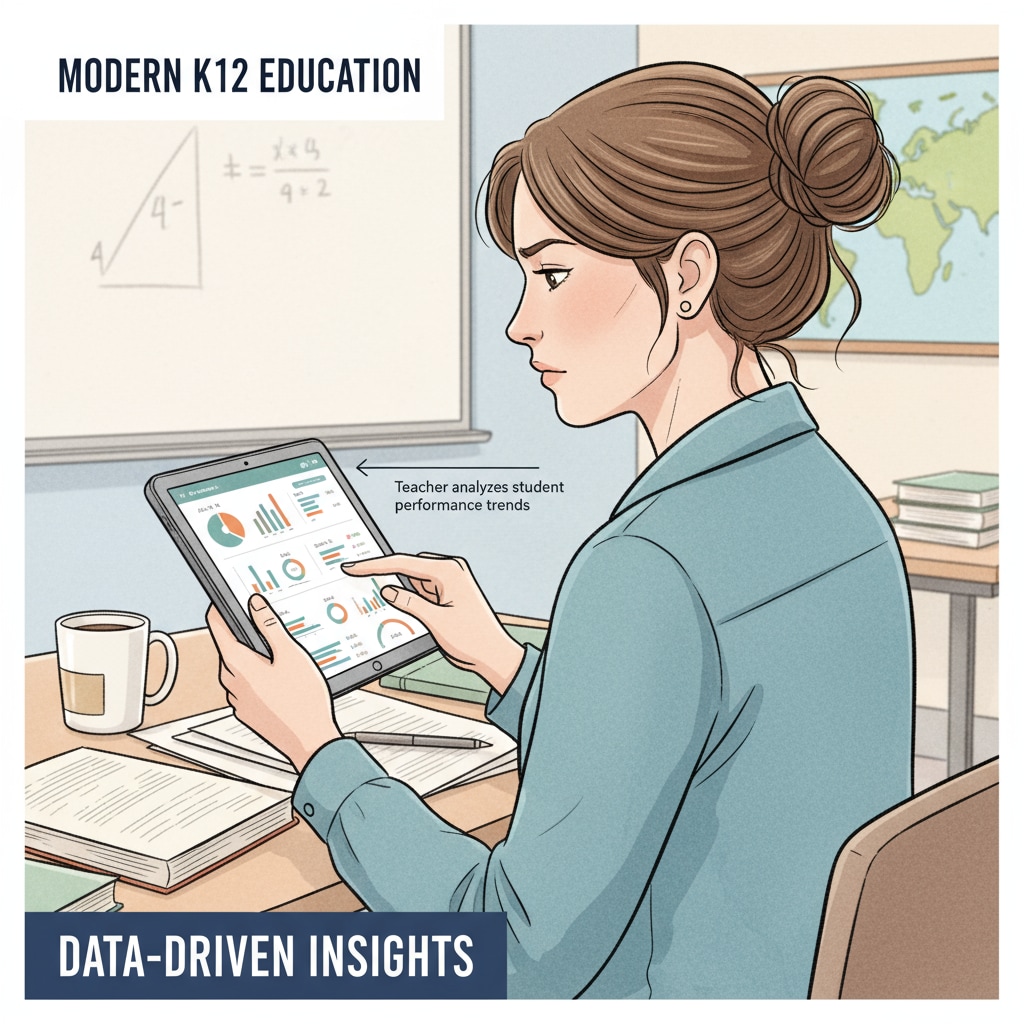In the modern landscape of K12 education, data documentation, micromanagement, and administrative supervision have become prominent factors shaping the work environment of teachers. As educational institutions strive for greater accountability and improved student outcomes, these elements play significant yet complex roles.

However, finding the right balance between them is essential to maintain teachers’ professional autonomy and overall job satisfaction.
The Rise of Data Documentation in K12 Education
Data documentation has become an integral part of K12 education in recent years. Schools and districts are now collecting vast amounts of data on students’ academic performance, attendance, and even behavior. This trend is driven by the desire to make informed decisions, personalize instruction, and improve educational quality. According to Education Week, data-driven decision-making is increasingly being adopted by schools across the country. For example, by analyzing students’ test scores and learning patterns, teachers can identify areas where students are struggling and provide targeted support.

The Pitfalls of Micromanagement
While data can be a powerful tool, it can also lead to micromanagement in the education system. Micromanagement occurs when administrators closely monitor and control every aspect of teachers’ work, leaving little room for professional judgment. This can include dictating teaching methods, lesson plans, and even the pace of instruction. Such excessive control can stifle creativity and innovation among teachers, as they are often left with limited autonomy to adapt their teaching to the unique needs of their students. As a result, teachers may feel demotivated and undervalued, which can ultimately impact the quality of education they provide.
The Role of Administrative Supervision
Administrative supervision is necessary to ensure that educational institutions are operating effectively and meeting their goals. However, it should be a supportive and collaborative process rather than a punitive one. Effective supervision involves providing teachers with feedback, resources, and professional development opportunities to enhance their teaching skills. According to the National Education Association, administrators should work in partnership with teachers to create a positive and productive learning environment. This can involve regular meetings, classroom observations, and open communication channels.
Finding the balance between data-driven decision-making, avoiding micromanagement, and implementing effective administrative supervision is the key to a healthy and productive K12 education system. By respecting teachers’ professional autonomy and providing them with the support they need, schools can empower teachers to deliver high-quality education and ultimately benefit students. Readability guidance: As seen above, short paragraphs and clear explanations are used. Lists can be further incorporated in different sections to make the content more organized. The use of passive语态 is minimized, and transition words like ‘however’ and ‘as a result’ are included to enhance the flow of the article.


